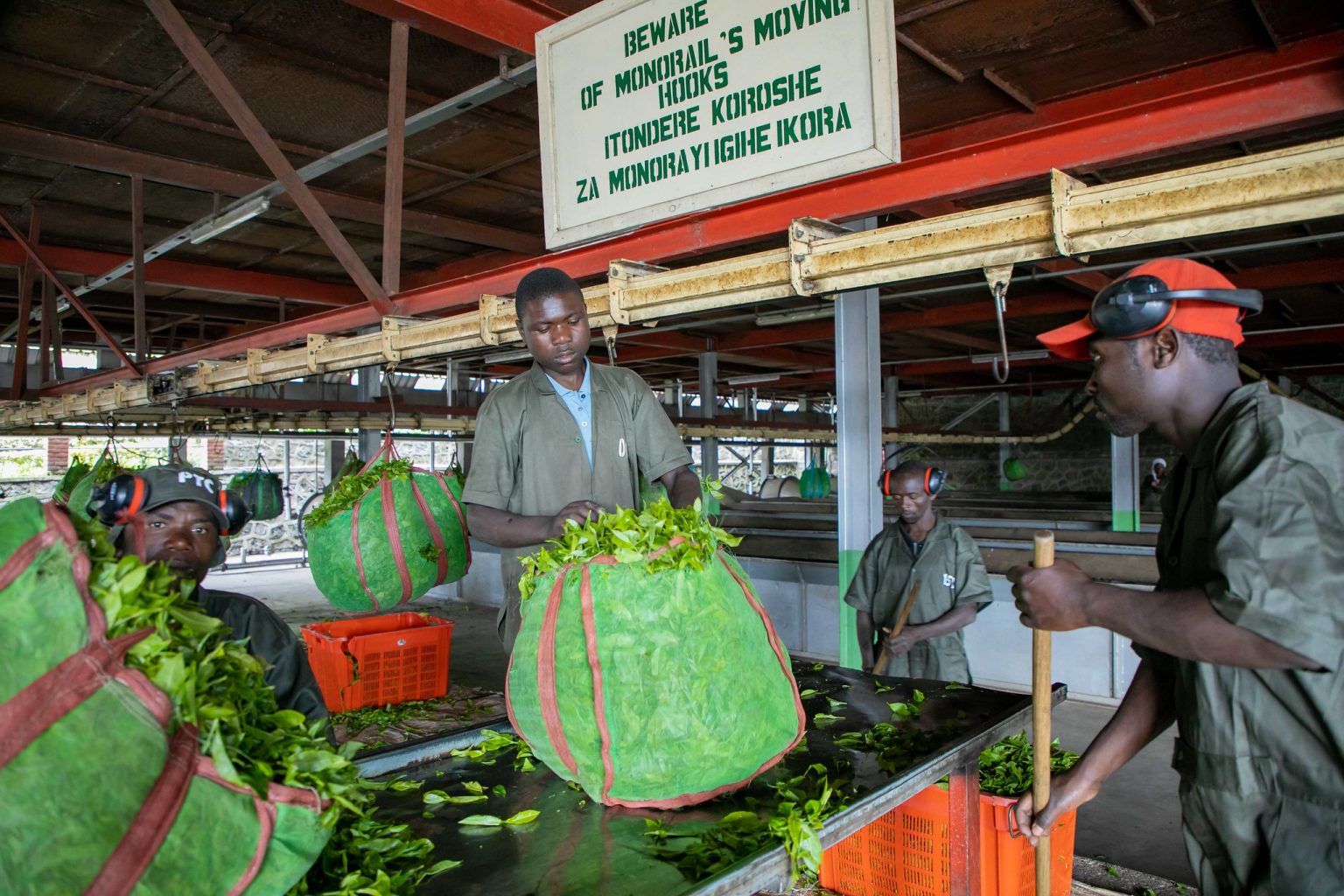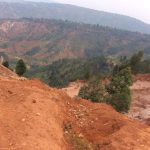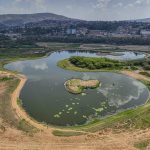Rwanda’s tea often fetches premium prices, averaging 15–20 percent more than other East African producers at the Mombasa tea auction in Kenya, where regional growers gather weekly to sell their produce. From there, buyers distribute the tea worldwide.
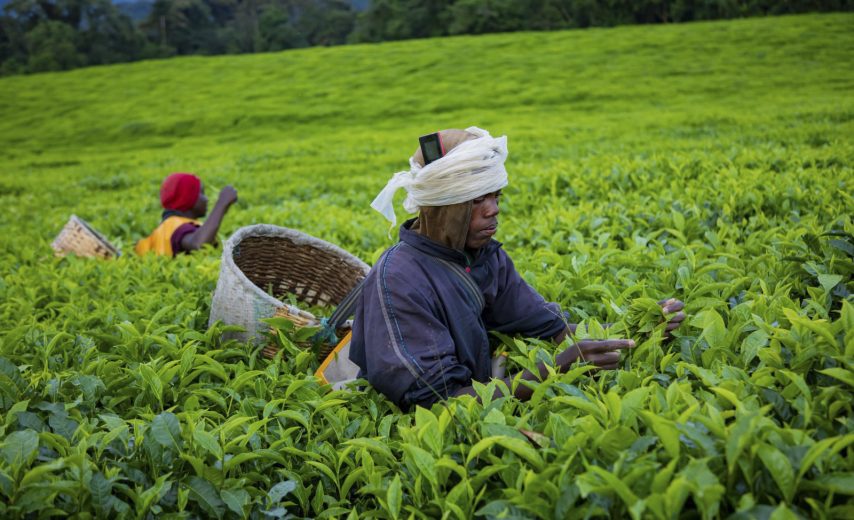
Increasingly, however, Rwandan factories are bypassing the auction and selling directly to buyers. While this practice can bring faster payments, some industry insiders worry that the current oversight of direct sales is neither transparent nor rigorous enough to prevent trade misinvoicing—when the value of goods is deliberately misstated to evade taxes.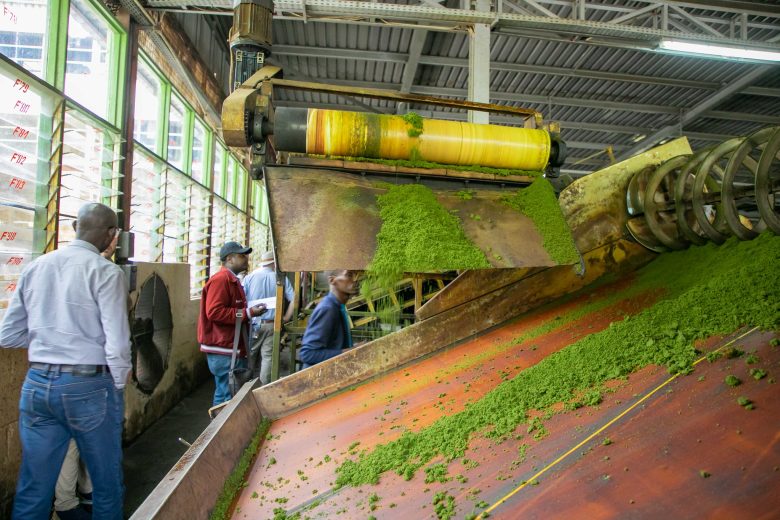
“Direct tea sales remain a blind spot,” said one industry insider, who requested anonymity for fear of losing his job. “Unlike tea sold at public auctions, direct sales rely on privately agreed prices that can be hard to verify.”
A senior official at the National Agricultural Export Development Board (NAEB), also speaking on condition of anonymity, described the practice as a “grey area” where exporters could understate prices to reduce taxable income. “This is tax evasion with a negative impact on the national treasury,” the official added.
NAEB Chief Executive Officer Claude Bizimana, however, insisted that safeguards are in place. “Factories are required to file monthly reports on production and revenue. Direct sales must have valid contracts reviewed before certificates of origin are issued, and declared prices are cross-checked against Mombasa auction rates to spot irregularities,” he said. “Farmers are guaranteed at least 50% of the final tea value through a pricing formula designed to protect them.”
Despite such assurances, concerns remain. Tea companies declined to comment, while the Rwanda Revenue Authority (RRA) and the Rwanda Investigation Bureau (RIB) did not respond to requests for comment.
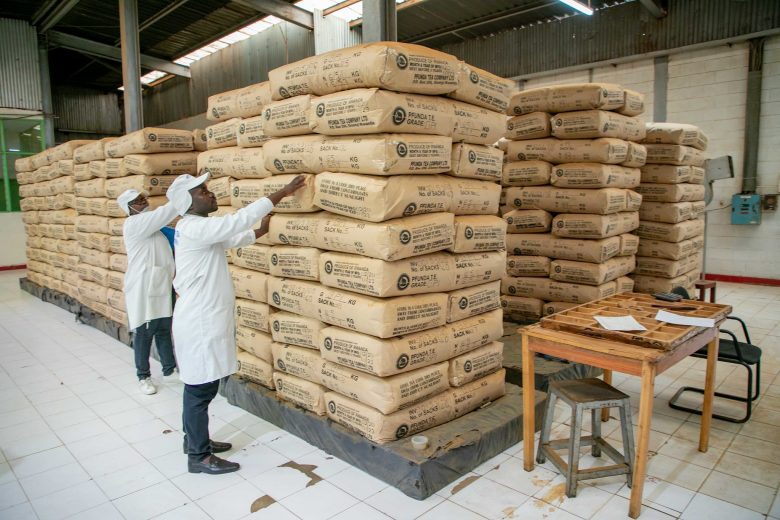
The numbers behind Rwanda’s tea
In 2023, Rwanda earned more than US$114.8 million from exporting 38,467 tonnes of processed tea. Roughly 80 percent was sold through auctions, 17.3 percent directly to buyers, and 2.7 percent locally, according to the Rwanda Development Board.
The government plans to increase annual sales to US$175 million by 2029 by planting 40 million new seedlings and expanding plantations. Still, production remains small compared to regional giants: Kenya exported 523 million kg last year, while Tanzania has set a target of 60 million kg by 2025.
Direct sales: Not always a better deal
Dr. Christopher Foster, senior lecturer at the University of Manchester’s Global Development Institute, studied Rwanda’s tea sector between 2013 and 2014. He cautioned that direct sales do not always guarantee better returns.
“On average, direct sales prices weren’t significantly higher—and sometimes they were lower,” he said. “The real incentive was often faster payment. Through the auction, it could take a month or more to get paid, but direct buyers often pay quickly. For farmers living on tight margins, speed can matter more than premiums.”
Foster found that Rwandan producers, mostly smallholders and cooperatives, received about 30 percent of the final retail price, while the rest went to exporters, brokers, processors, and logistics companies. “If factories retain the profit, it doesn’t help farmers,” he stressed.
Direct sales are also used by companies producing higher-quality or ethically certified tea. “This was like moving away from tea as a bulk commodity to something of better quality,” he explained. “Why move it all the way through Mombasa if you already have a niche buyer?”
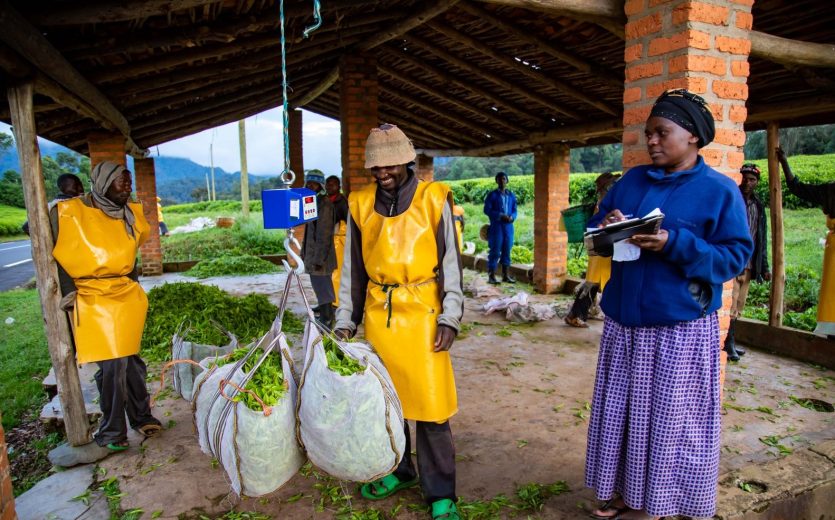
Structural challenges
Factory ownership complicates the picture. While some factories include farmer cooperatives as minority shareholders, many are controlled by elites, foreign investors, or state-linked actors, limiting accountability.
During his fieldwork, Foster visited Mulindi Factory in Gicumbi, then transitioning to farmer ownership with donor support. “It stood out as more transparent, partly because they had CSR obligations,” he recalled, referring to Corporate Social Responsibility programs that encourage sustainability and community development.
Aging infrastructure is another hurdle. Many factories still rely on machinery from the 1970s–90s, limiting efficiency. Foster urged the government to consider subsidized upgrade programs to help factories remain competitive.
Transparency and oversight
Foster also pointed to regulatory loopholes. “Rwanda produces trade data, but farmers rarely see this information. That absence fuels suspicion,” he said. He recommended publishing price and volume data from direct sales to reduce opportunities for under-invoicing and illicit financial flows.
In Kenya, public scrutiny of the Mombasa auction has spurred debates on fairness and corruption. Rwanda’s tightly held ownership structures and opaque contracts make similar oversight more challenging.
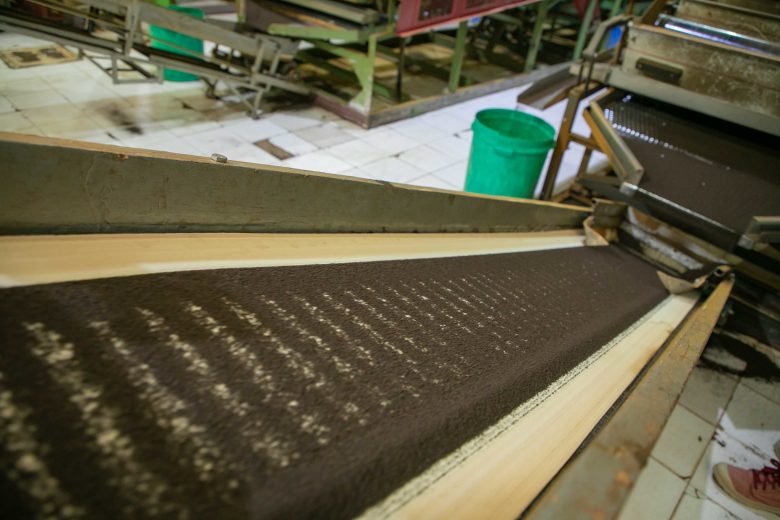
Women bear the brunt
Trade mispricing has human consequences. Thousands of smallholder farmers rely on tea sales to pay workers—many of them women.
“I work hard every day but what I get is just enough for food and basics for my children,” said a tea picker from Nyamasheke District, who asked not to be named.
Hazel Birungi, an independent tax justice researcher in Uganda, said women are hit hardest. “Women make up most of the workforce in tea, mainly as leaf pickers in insecure, low-paid jobs, so they’re hit first when declared prices are understated,” she explained.
She added: “When governments fill gaps in revenue by raising consumption taxes like VAT, it’s women managing tight household budgets who pay the price. This is not just economics—it’s a human rights issue.”
Birungi recommended stronger enforcement capacity, training in forensic accounting, public registries of beneficial ownership, and more regional data-sharing. “Rwanda should also build partnerships with networks like Tax Justice Network Africa, ATAF, and ICTD to improve transparency and value addition,” she said.
This story was supported by the Thomson Reuters Foundation as part of its global work aimed at strengthening free, fair and informed societies. Any financial assistance or support provided to the journalist has no editorial influence. The content of this article belongs solely to the author and is not endorsed by or associated with the Thomson Reuters Foundation, Thomson Reuters, Reuters, or any other affiliates.


